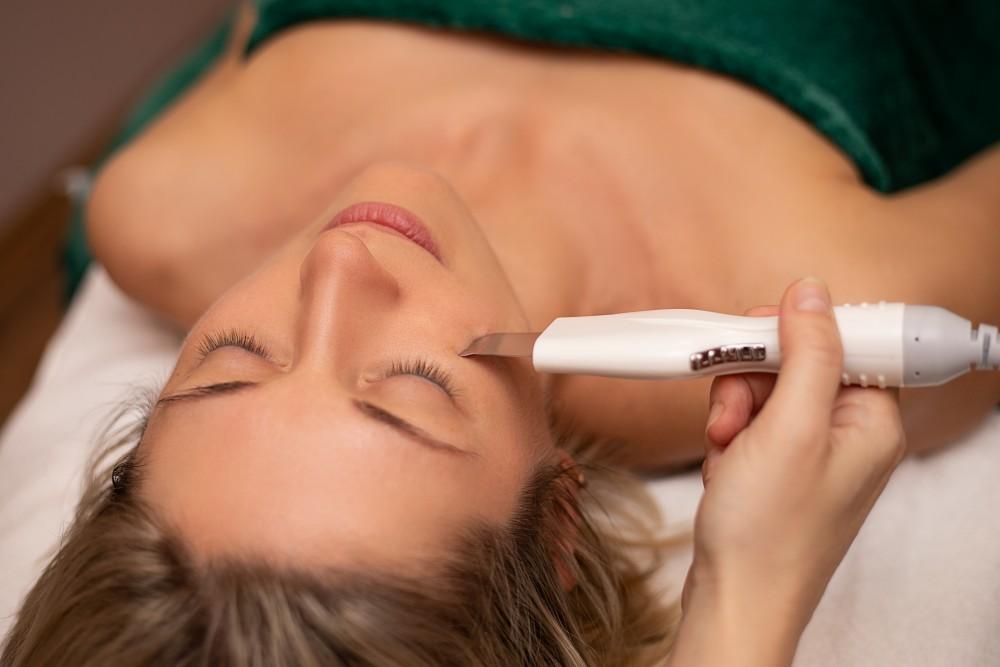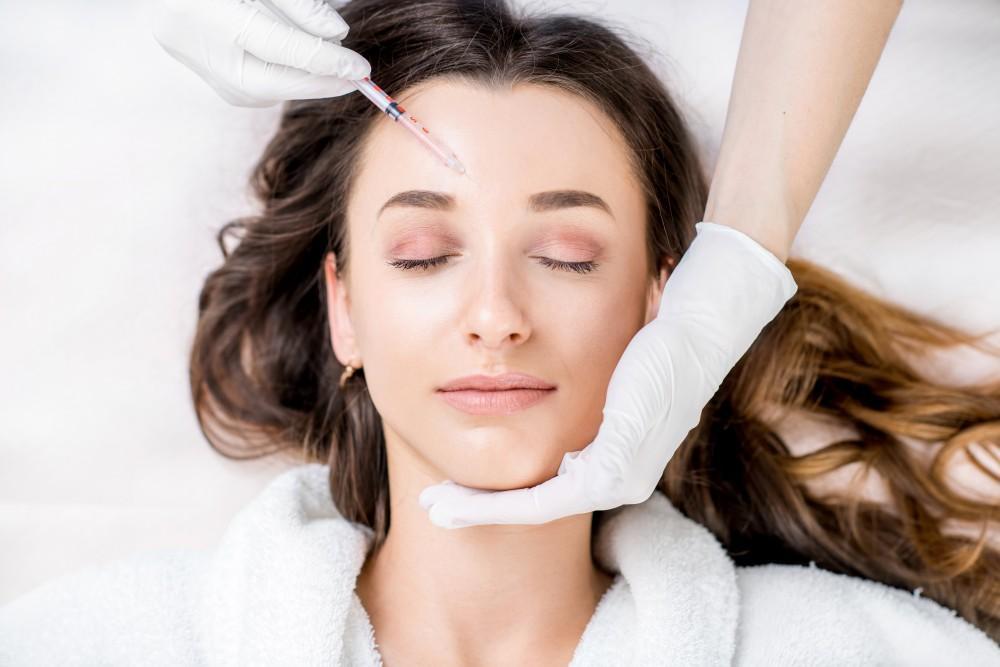
My Child Has Eczema. Now What?
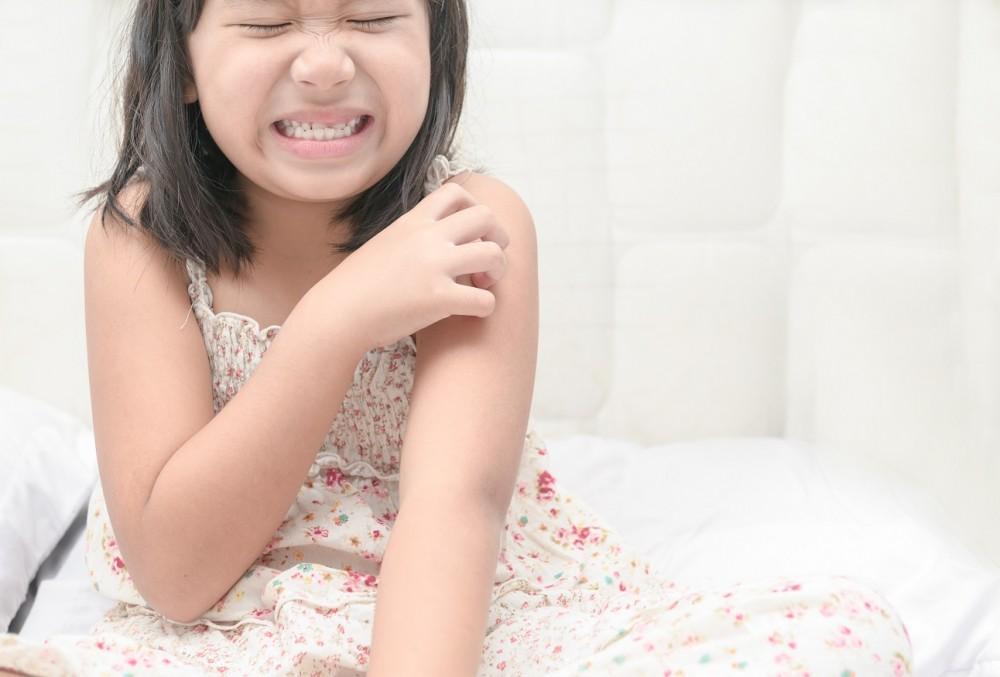
Childhood is supposed to be a time of smooth clear skin — before the development of acne during the teenage years and wrinkles, brown spots, and other damage in adulthood. However, for the almost 10 million children under the age of 18 suffering from atopic dermatitis, the most common type of eczema, suffering with skin that is dry, itchy, and red is often a way of life. Fortunately, it doesn't have to be.
Dr. Carmelo Plateroti and our highly trained staff provide both dermatologic and aesthetic care at Plateroti Dermatology in Templeton, California. Whether the issue is health-related like eczema, acne or skin cancer or you're seeking a natural-looking refresh of your appearance, we bring over 30 years of collective experience to create integrative treatment plans, combining the latest Western medicine recommendations with the most successful holistic care.
Eczema
Eczema refers to a collection of skin issues that cause itchy, painful rashes. Examples include atopic dermatitis, contact dermatitis, and seborrheic dermatitis (aka cradle cap in babies).
It can present differently depending on the child's age. Eczema in infants is often found on their scalps, foreheads, cheeks, and chins as well as other parts of their bodies. Babies ages 6-12 months often have it on their elbows and knees. As children get older, it frequently strikes the creases of the elbows and knees as well as the hands, wrists, and ankles. Toddlers may also have it around their mouths and on their eyelids.
Symptoms
Eczema can cause a variety of symptoms, including skin that is dry, itchy, scaly, and red. Sleeping may be difficult because the itching and scratching can lead to infection. It can come and go with exposures to triggers causing periodic flare ups.
Causes
The exact cause of eczema is unknown, but researchers have determined a combination of genetics and environmental triggers are at play. It is more common in children with a family history of atopic dermatitis, asthma, or hay fever.
Treatment
There are multiple treatment possibilities that can help relieve symptoms. A doctor can help create a personalized plan. Options may include:
Avoiding triggers
One way to try to prevent flare-ups is to avoid things that trigger them. This may involve taking warm instead of hot showers or baths and using unscented soap or non-soap cleansers. Avoiding getting too hot and sweating can also be helpful.
Clothes should be made of breathable materials like cotton instead of polyester or wool. Drinking plenty of water to stay hydrated can help keep the skin moist, and ensuring fingernails are short can help prevent damage when scratching occurs. Reducing known allergens and stress may also help decrease the risk of a flare-up.
Topical treatments
You can apply ointments and creams several times a day, such as after bathing or showering, to help keep your skin moisturized. Cortisone or steroid creams or ointments can also help to reduce inflammation of the skin. Several other topical treatments can affect the reaction of the skin's immune system.
Oral medications
A variety of oral medications, including antihistamines, corticosteroid pills, and immunosuppressants, may help. If the skin becomes infected, we may prescribe antibiotics.
Phototherapy
Treatment with ultraviolet light known as phototherapy may also improve eczema symptoms.
Whether your child has been diagnosed with eczema or has a red itchy rash and you're seeking answers, click our request button, or call us at 805-434-2526 today to make an appointment and find out how we can help.
You Might Also Enjoy...

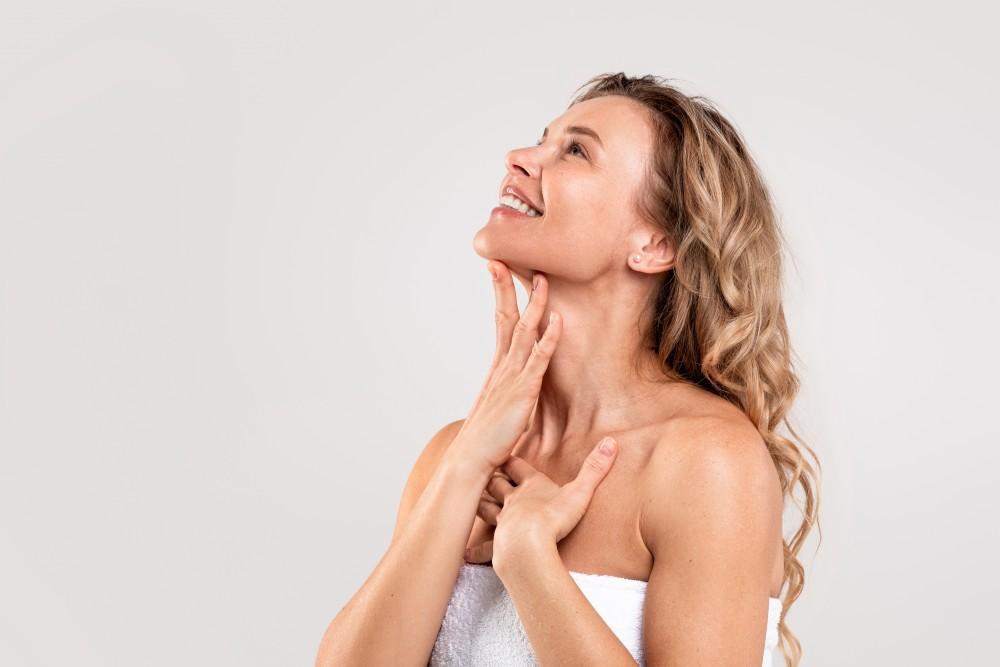
Hasta La Vista, Double Chin! I'm Getting Kybella
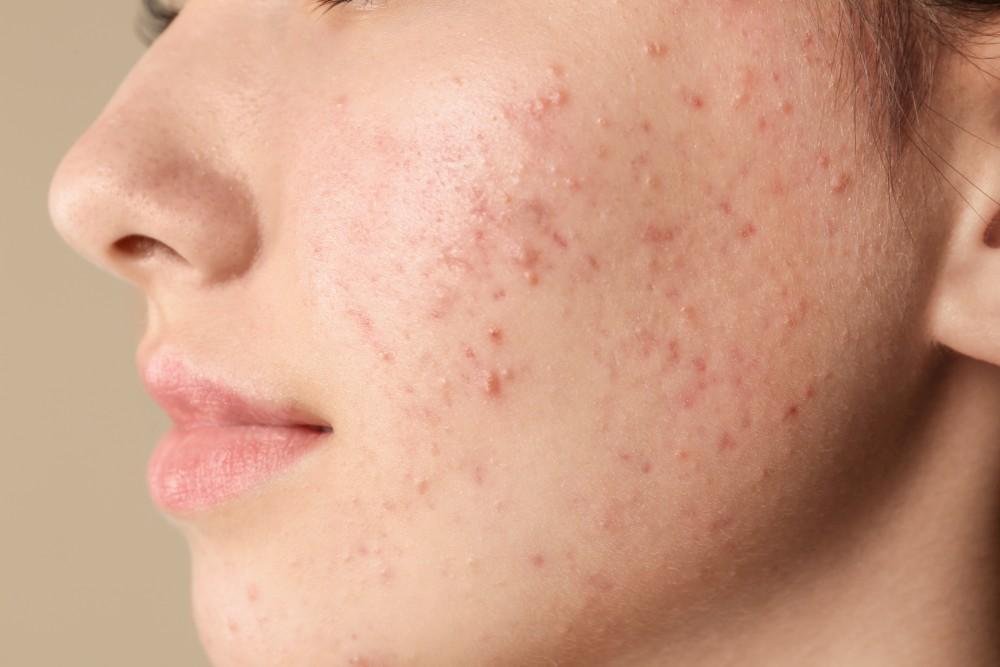
Photodynamic Therapy (PDT): Your Speedy Solution to Adult Acne
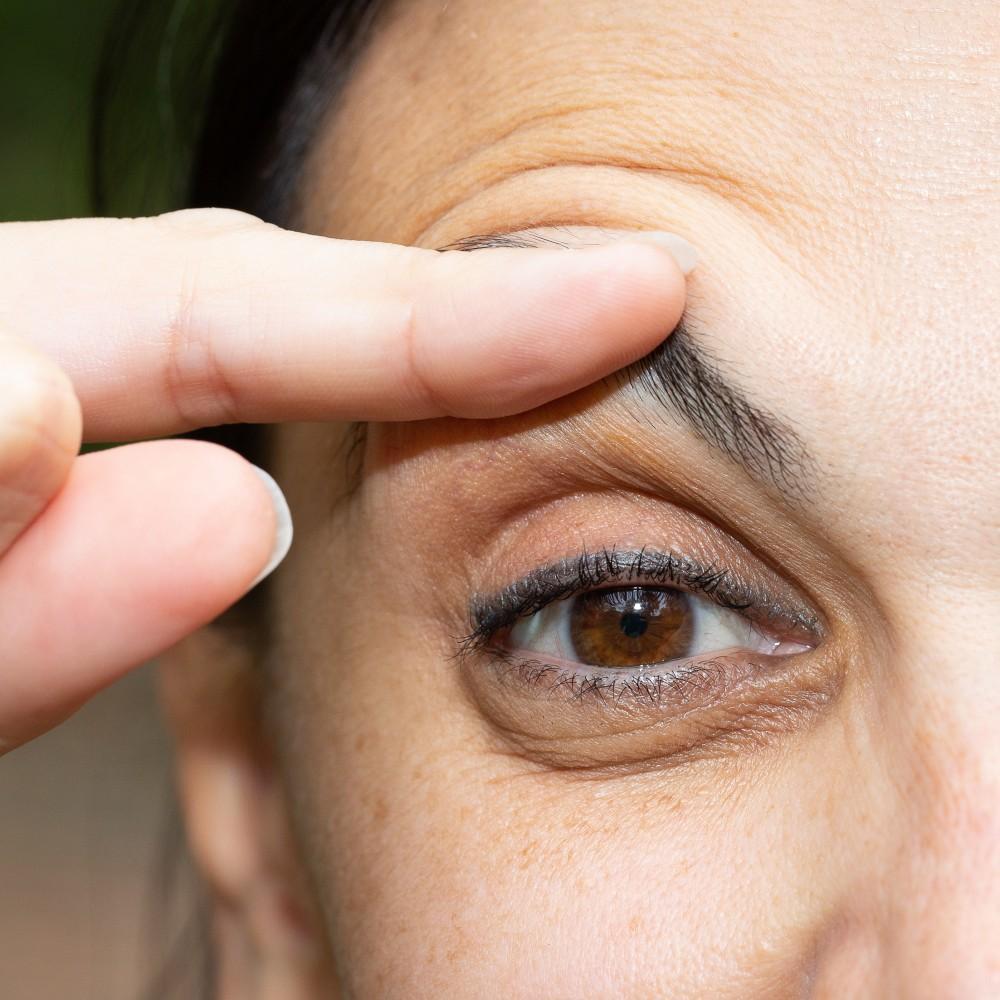
Surgery Isn't the Only Solution for Saggy Eyelids. Try Upneeq® for a Noninvasive Lift
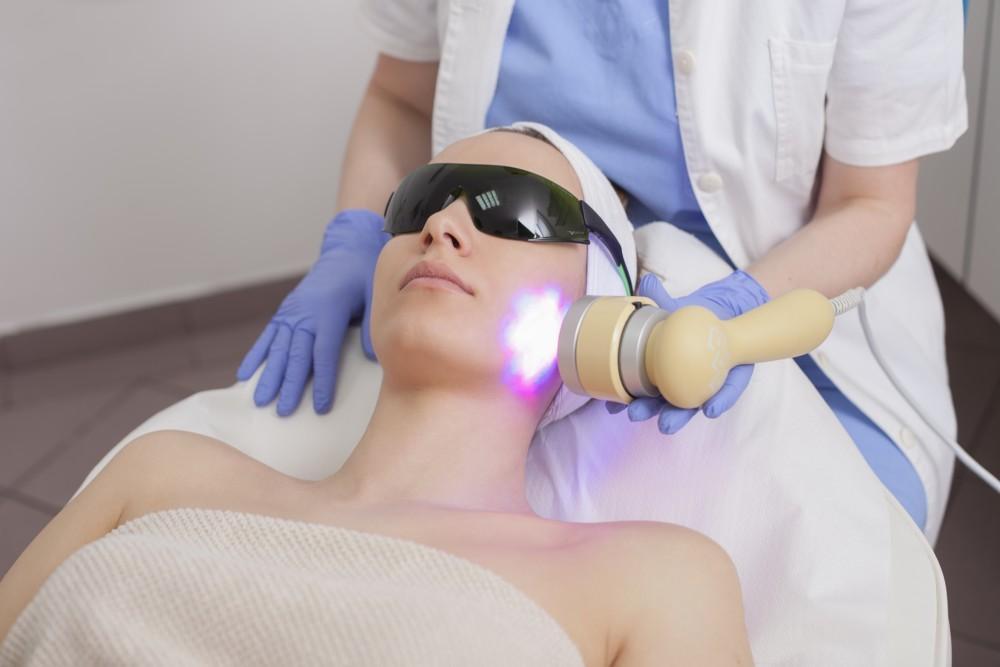
Pre-and Post-IPL Procedure Guidelines to Get the Most from Your Treatment
